
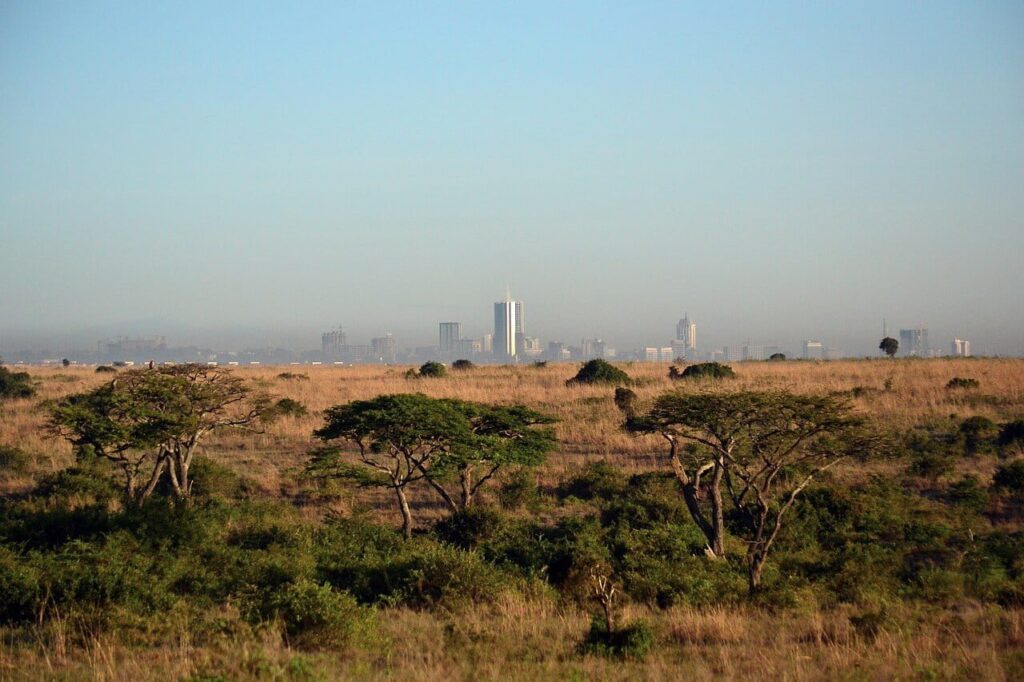
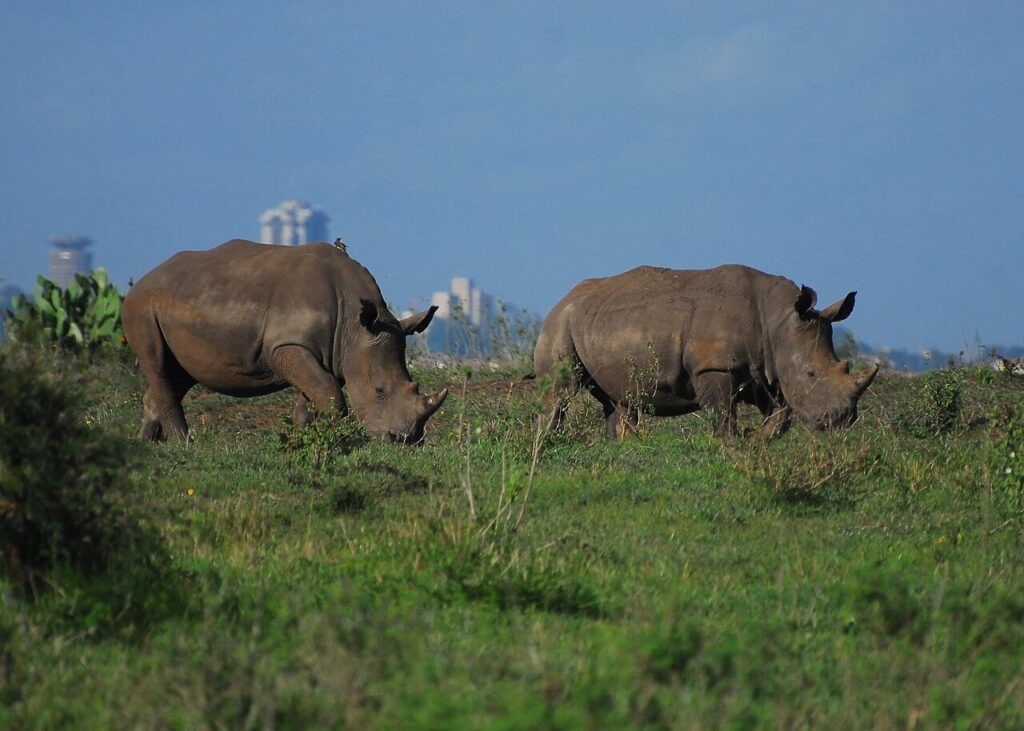
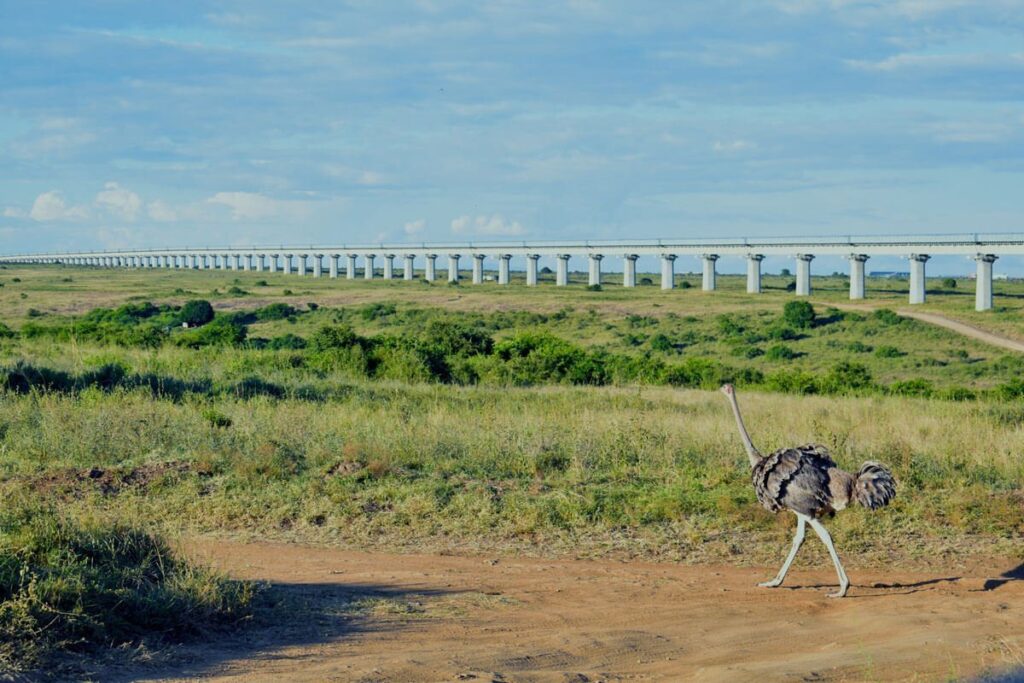
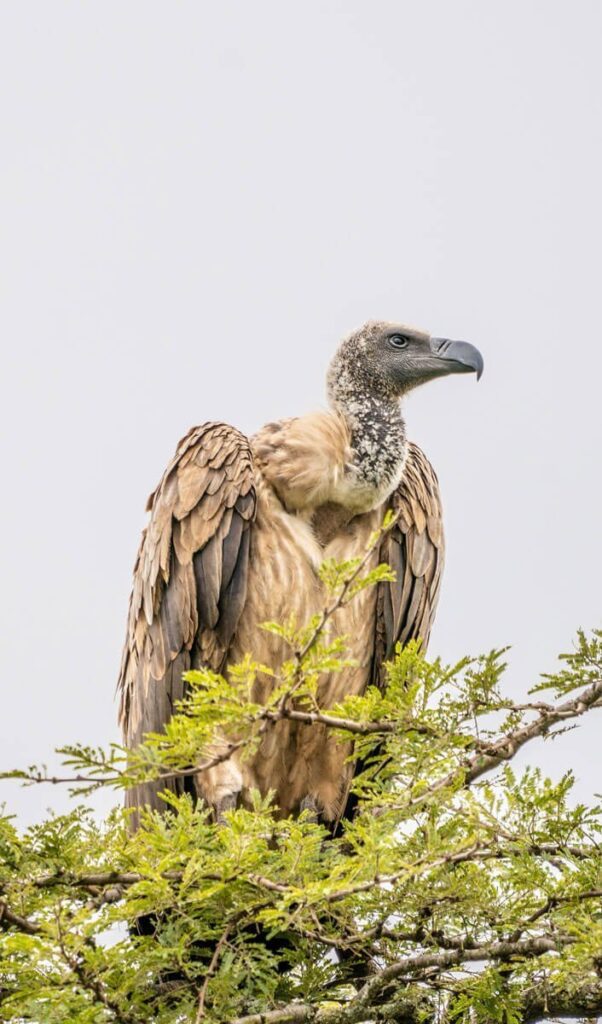
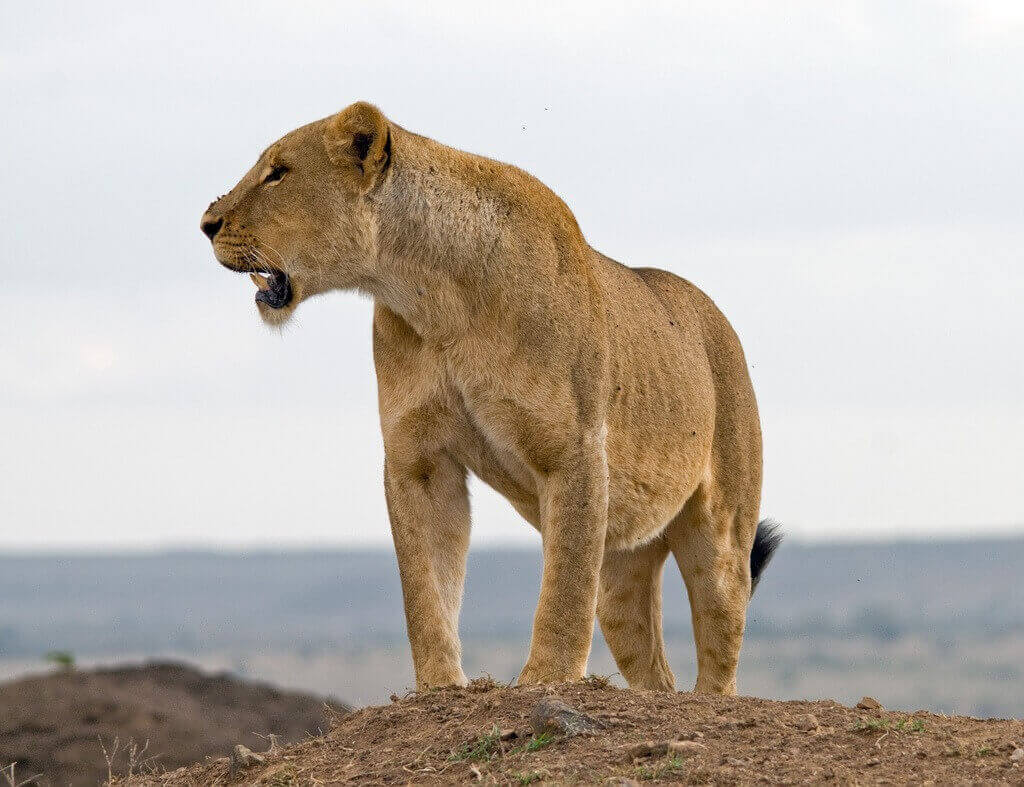
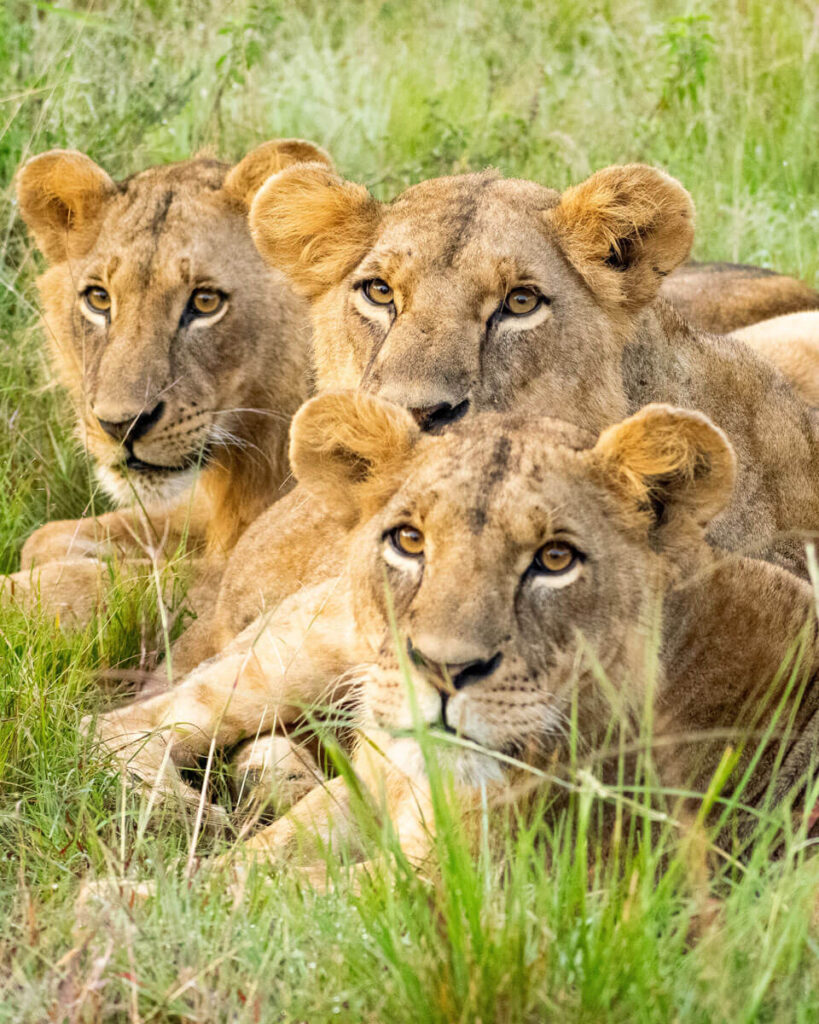
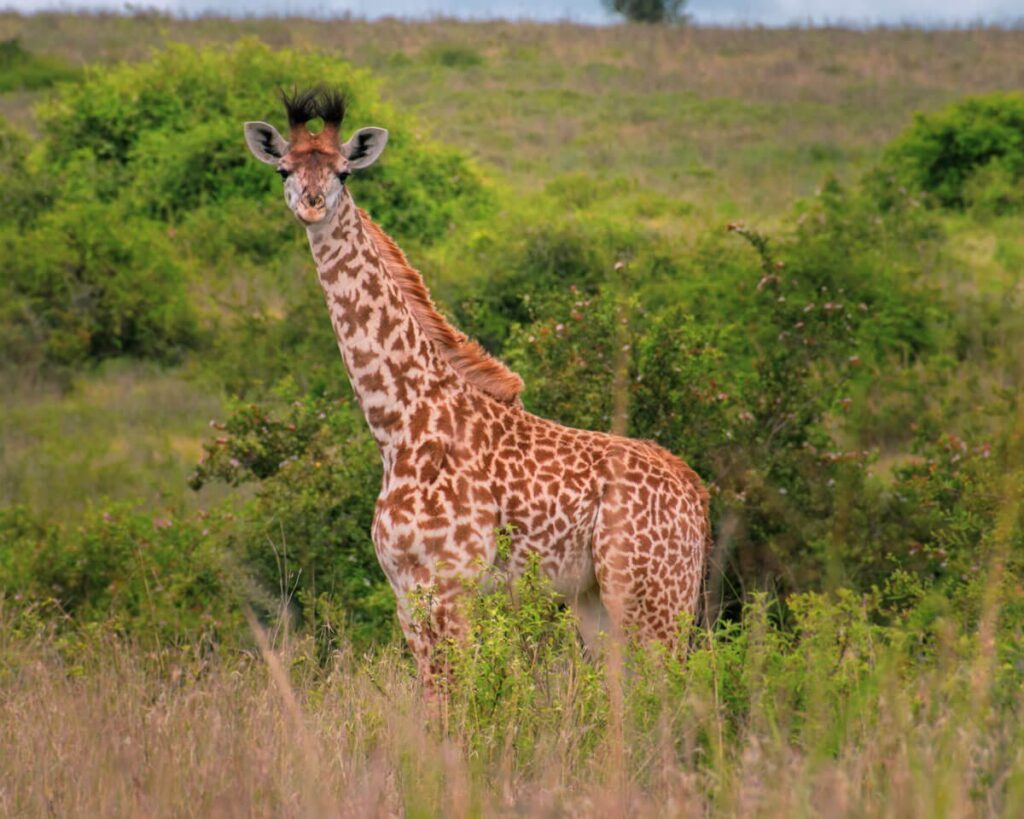
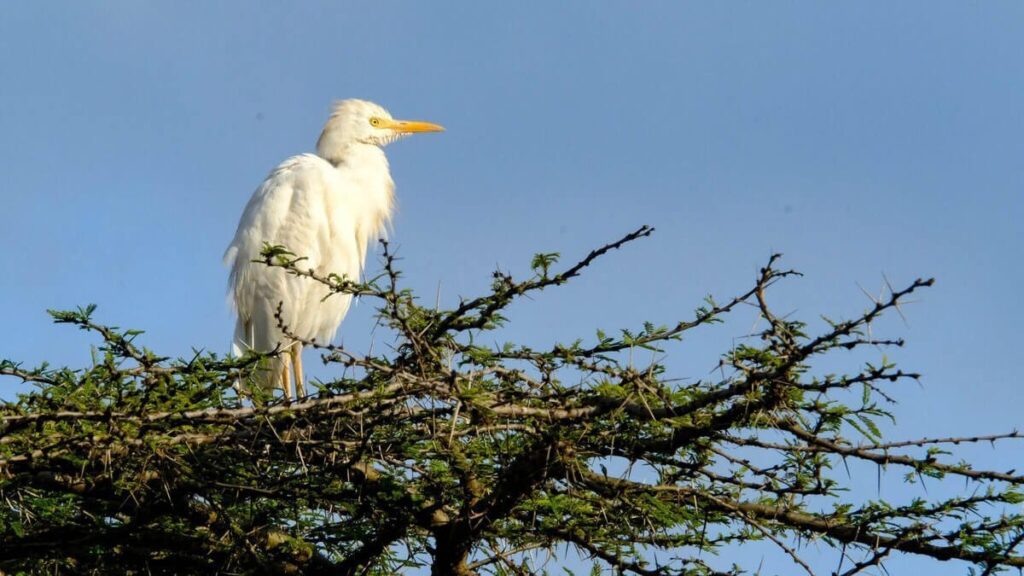
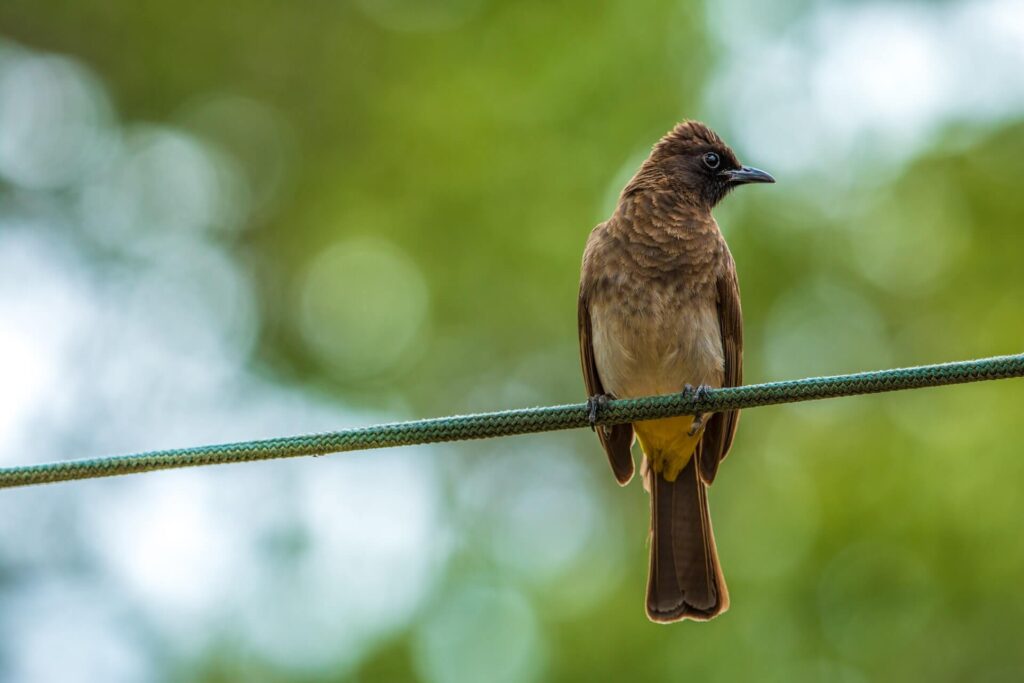
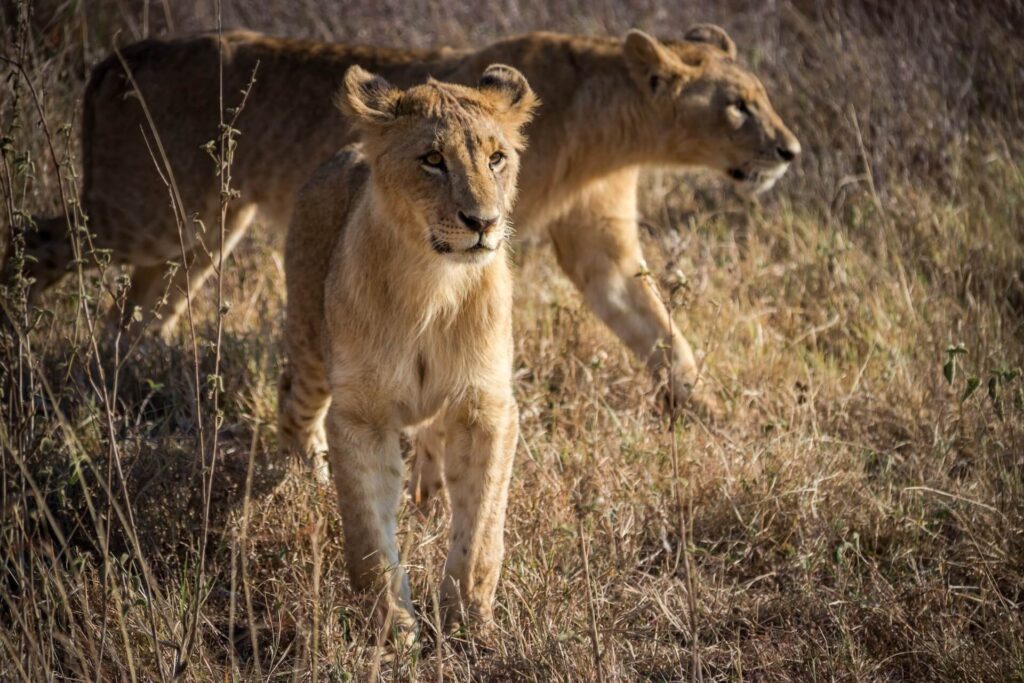
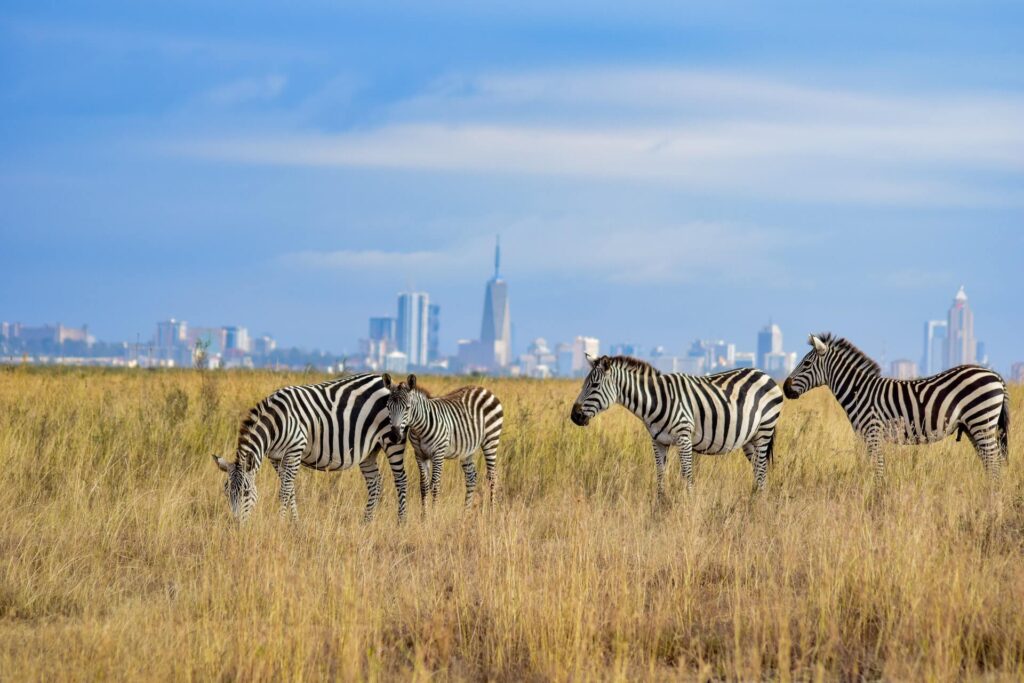
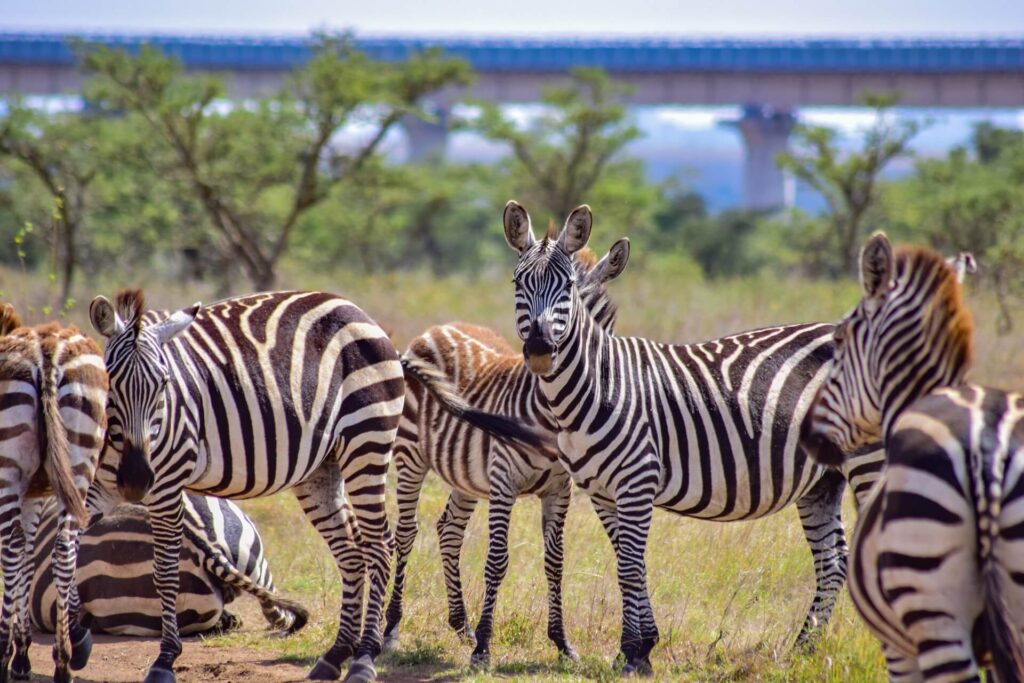
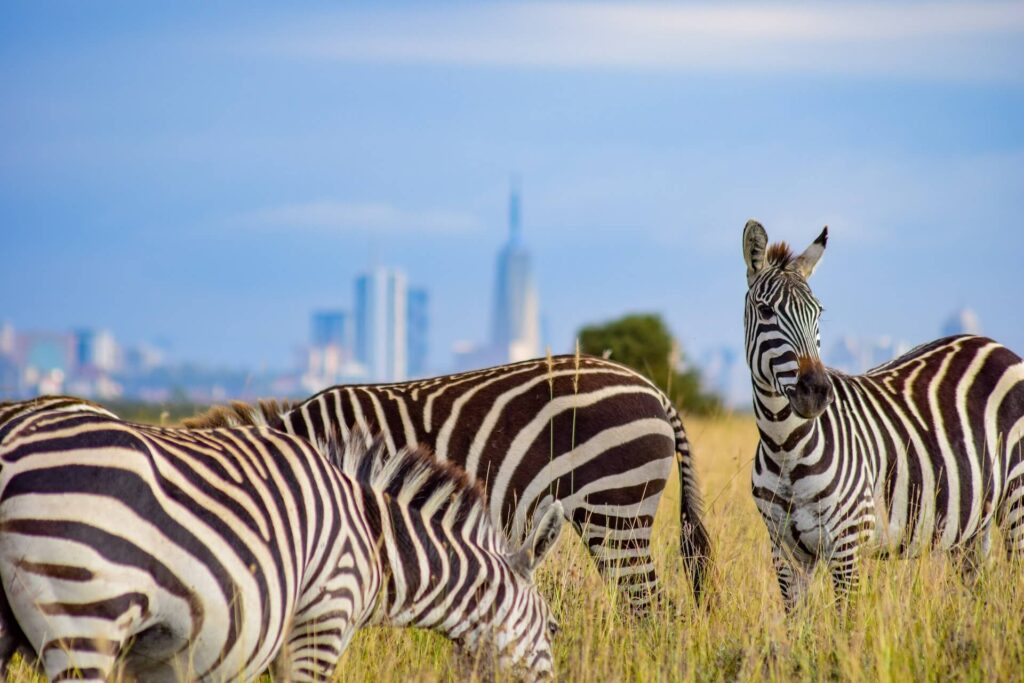
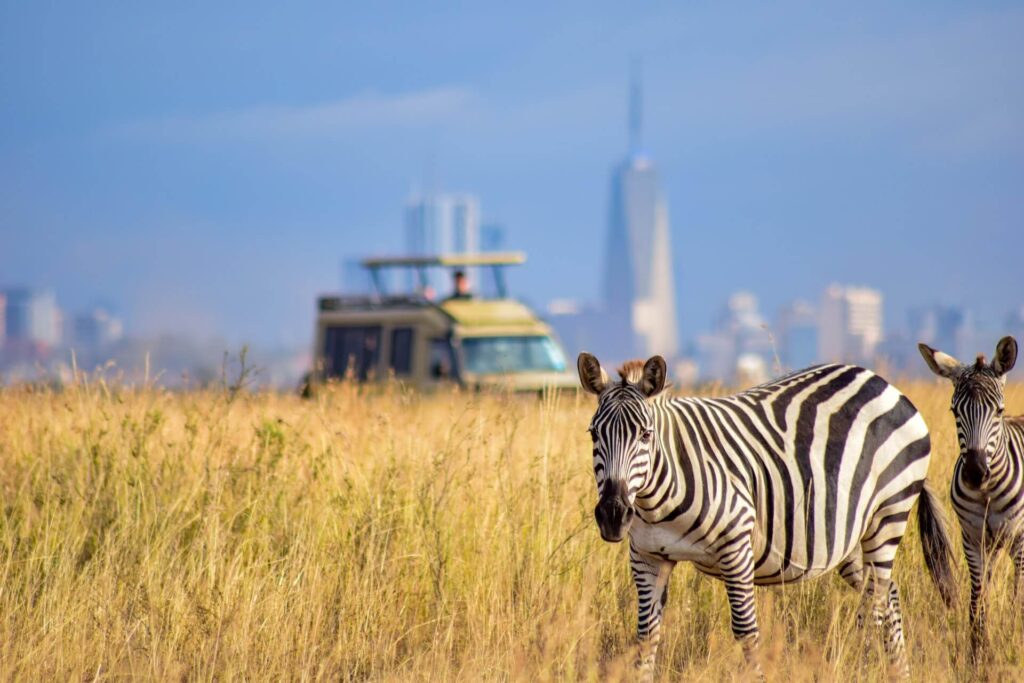
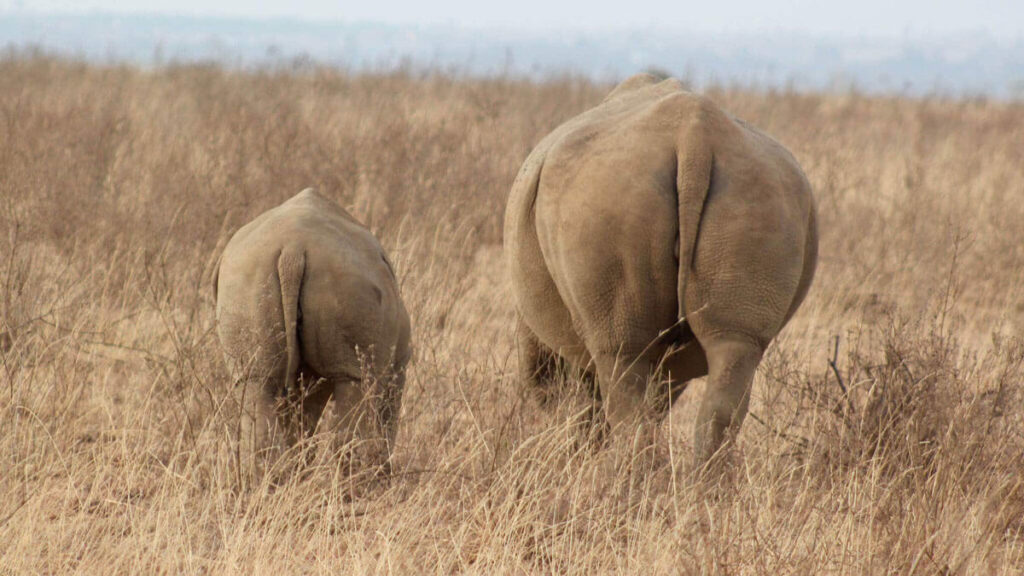
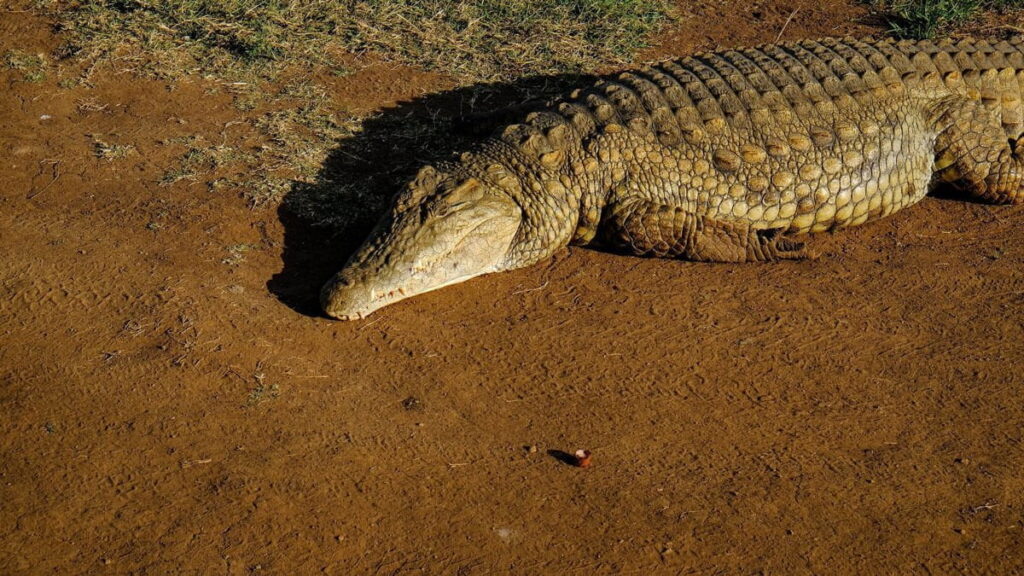
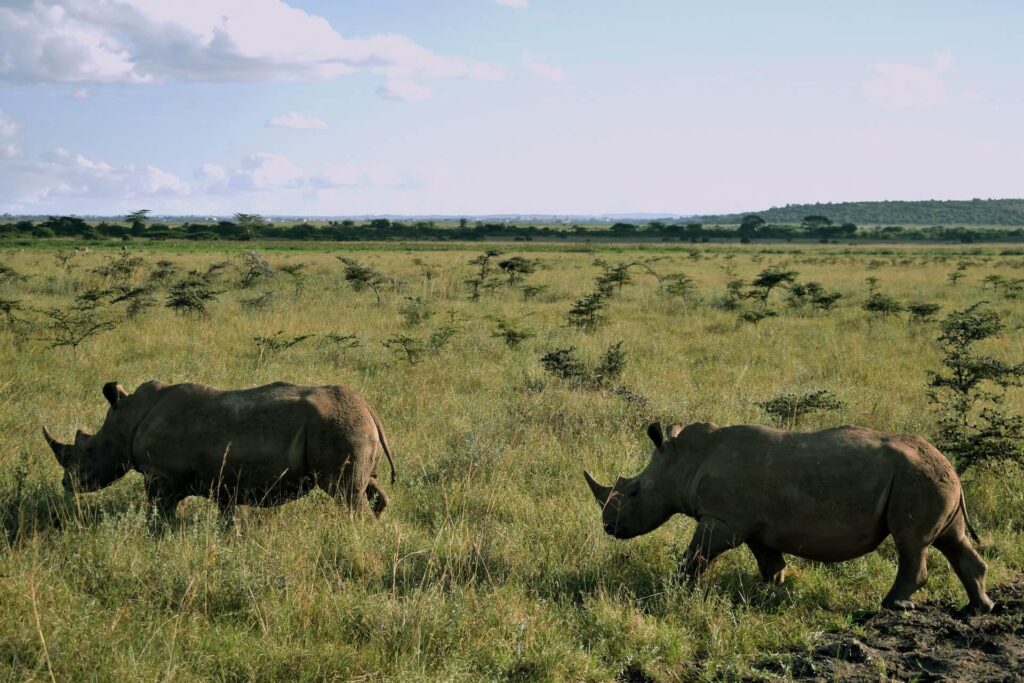
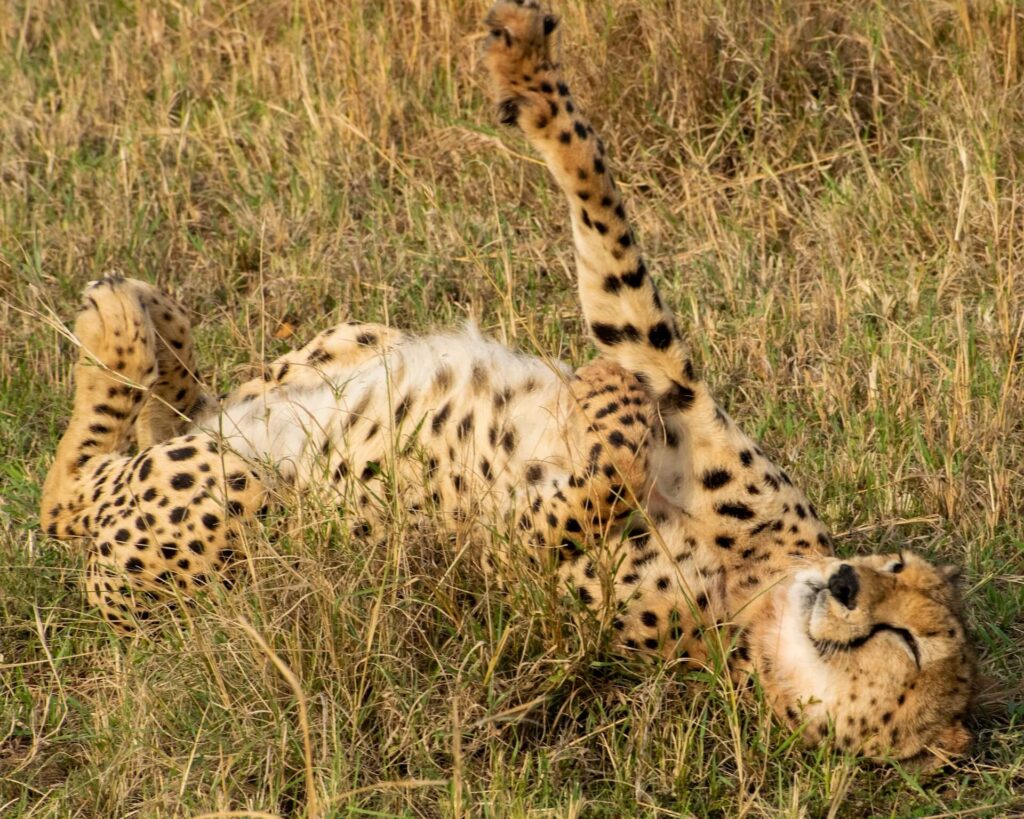
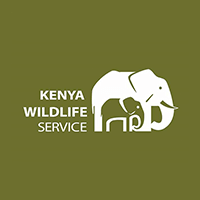
The World’s only Wildlife Capital
Affiliate Disclosure: This listing may contain affiliate links. If you click through and book a tour, I may earn a small commission at no extra cost to you.
Nairobi National Park is a unique destination as it is the only protected area in the world located so close to a capital city, with a wide variety of animals and bird species. It is a key attraction for visitors, residents, and citizens living in Nairobi.
The park’s ecosystem is characterized by open grass plains with scattered acacia bushes. The western side has a highland dry forest, while the southern side features a permanent river with a riverine forest. There are also stretches of broken bush country, deep rocky valleys, and gorges with scrub and long grass. To the south, the Athi-Kapiti Plains and Kitengela Migration Corridor provide important dispersal areas for herbivores during the rainy seasons. Several artificial dams attract water-dependent animals, bird species, and other aquatic life.
Nairobi National Park is one of Kenya’s most successful rhino sanctuaries, already generating a breeding stock for reintroduction into former ranges and other sanctuaries. The park also has rich birdlife with over 400 species recorded, including seasonal European migrants.
Wildlife: Major attractions include black rhino, lion, leopard, cheetah, hyena, buffalo, giraffe, zebra, wildebeest, eland, crocodile, and hippo (note: there are no elephants).
Birdlife: More than 400 bird species, with at least 20 seasonal migrants from Europe.
It is the only national park in the world located so close to a capital city, offering wildlife viewing against the backdrop of Nairobi’s skyline.
The park is home to lions, leopards, cheetahs, hyenas, black rhinos, giraffes, buffalo, zebras, wildebeest, eland, crocodiles, hippos, and over 400 bird species. (There are no elephants in the park).
The park is located about 7 km from Nairobi city center and is easily accessible by road through Lang’ata Road.
Visitors can enjoy game drives, guided walking trails, picnics, birdwatching, corporate events, and cultural experiences at the Safari Walk and Animal Orphanage.
Wildlife viewing is excellent year-round, but the dry seasons from July to October and January to March are ideal for spotting animals near water sources.
Nairobi National Park has received 0 reviews with an average rating of 0 out of 5
Please log in or create an account to leave a review.
Update your info, boost visibility, and connect with more customers!
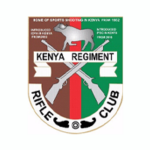
No results available